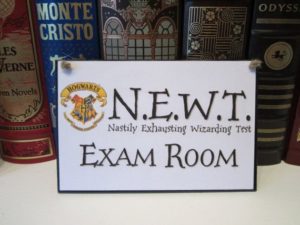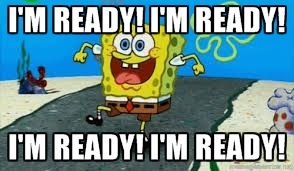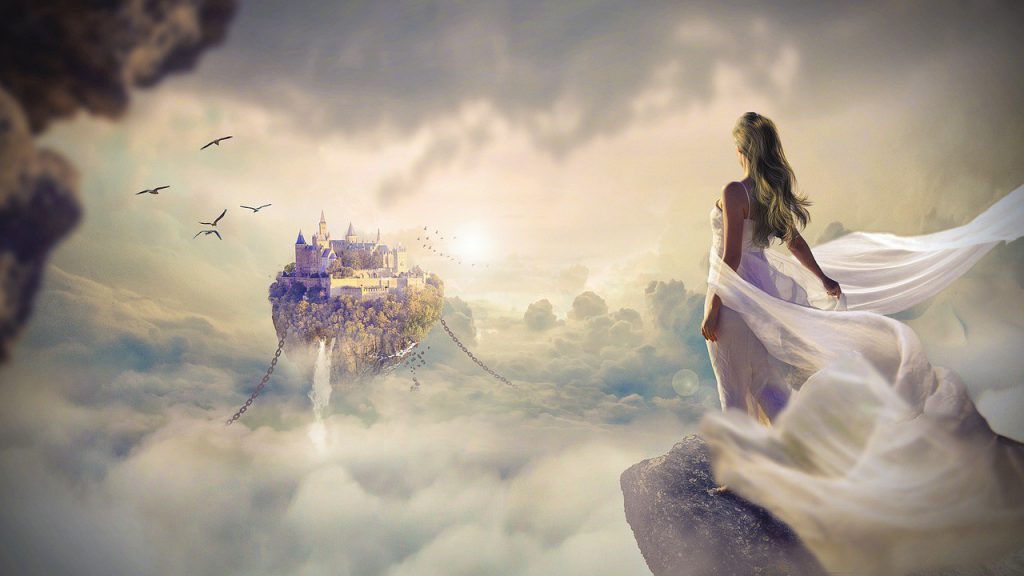
Both readers and writers can agree that one of the best parts of stepping into an imaginative story is the immersive world building. From Tolkien’s Middle Earth to Rowling’s Wizarding World, the intricacies of creating an entire world are addictive. For genres like fantasy and science fiction that rely on otherworldly elements, it’s a writer’s ability to engage the five senses which hooks us into a story even more than writing plot or characters.
But when it comes to world building, the pressures of playing god can sometimes get really overwhelming. How do you keep it all straight? How do you determine the origins of your world, the climate, the geography, not to mention the cultures, races, plants, and animals that make your world not only believable, but habitable? How do you even know what questions to ask or what information is most important in your story?
As I’m working through my own writing, I’ve found that world building can be both a blessing and a curse. It’s immensely enjoyable to get lost in a world so different from my own, but world building is also an excellent excuse to create and create without really writing anything. I want to be careful not to risk getting “world builder’s disease,” an affliction that plagued even Tolkien where a writer creates every tiny, little detail of a world, inevitably running themselves into the ground and burning out.
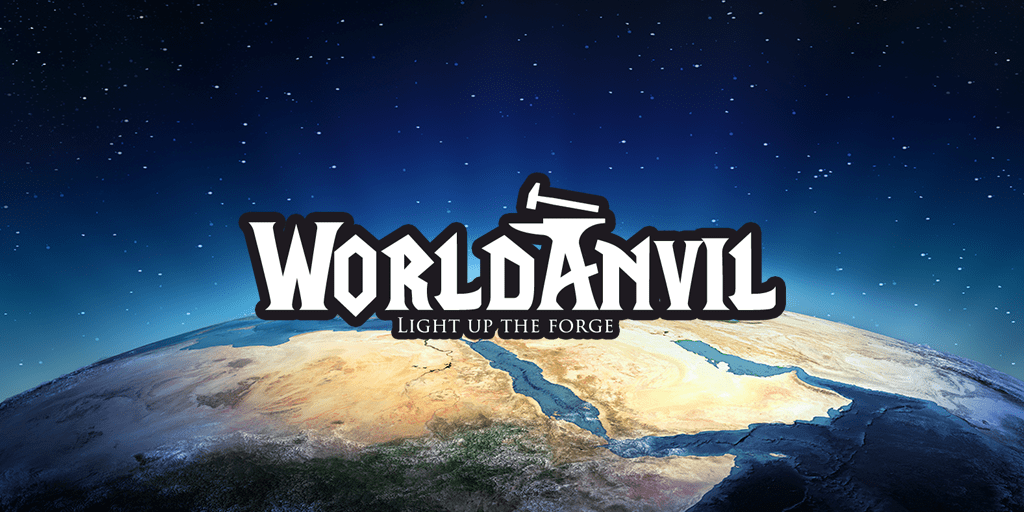
To keep my thoughts organized, I’ve discovered this incredible resource. WorldAnvil is a free website that lets a writer, artist, or role-playing gamemaster organize an entire world in an encyclopedia format. The website has an article for various types of entries, and the articles prompt a range of questions that guide you through construction. WorldAnvil also has paid subscription options that offer access to more resources and functions in the website, but you can use the website without having to pay a thing.
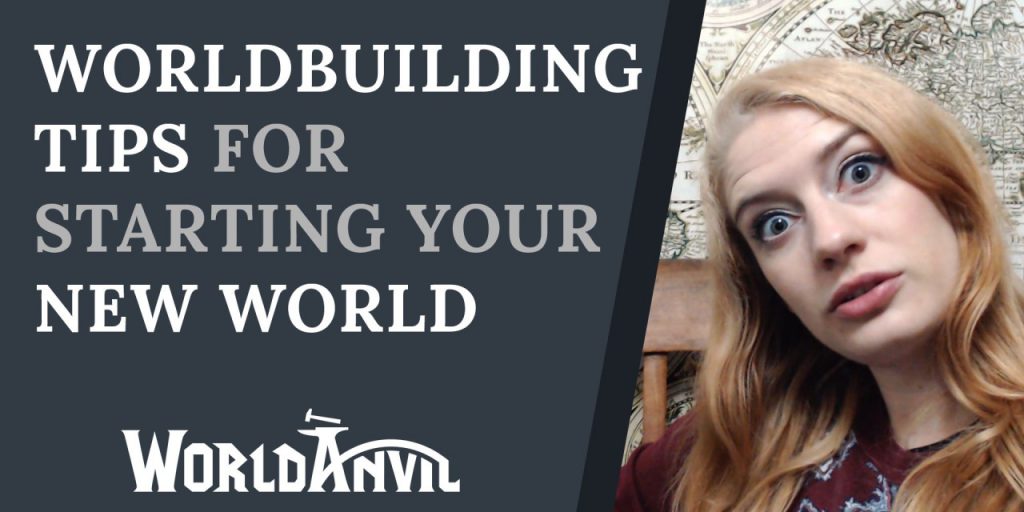
I also found WorldAnvil’s YouTube channel and this video on tips for worldbuilding helpful. Beyond WorldAnvil, there are some great videos featuring advice from both seasoned writers and RPG game developers. This video on fantasy map construction is awesome!
Another amazing resource is best-selling author Brandon Sanderson’s lectures on writing. Many of his classes are available on YouTube including this one on worldbuilding.
When writing a story or even developing a world for a role-playing game, there are many elements and decisions to make. It’s intense and rewarding. Use this phase of your creative journey as an outlet to be eccentric and try things. When the real plotting begins, you’ll be so immersed in your story that much of the work will already be done.

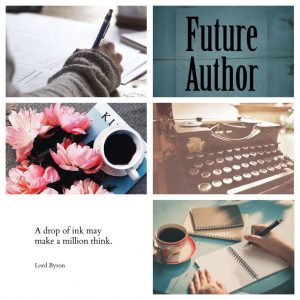 Do you remember what you were like when you were a child? You were fearless, unbridled, and free of the smudges left by other people’s opinions and motivations. If you said you were an astronaut, you were an astronaut despite the technicalities of school and space travel. But somewhere along the way, you grew and fear within you grew as well. The fear of expectation, failure, and entitlement took over and before you knew it, you couldn’t bear to call yourself an astronaut, let alone become one.
Do you remember what you were like when you were a child? You were fearless, unbridled, and free of the smudges left by other people’s opinions and motivations. If you said you were an astronaut, you were an astronaut despite the technicalities of school and space travel. But somewhere along the way, you grew and fear within you grew as well. The fear of expectation, failure, and entitlement took over and before you knew it, you couldn’t bear to call yourself an astronaut, let alone become one.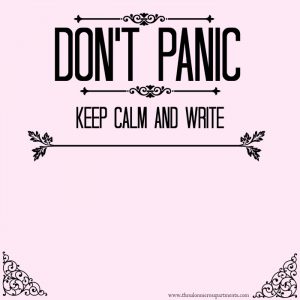

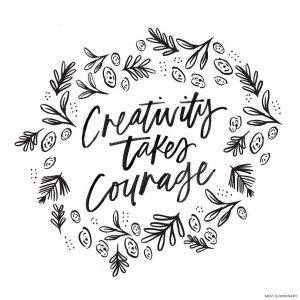
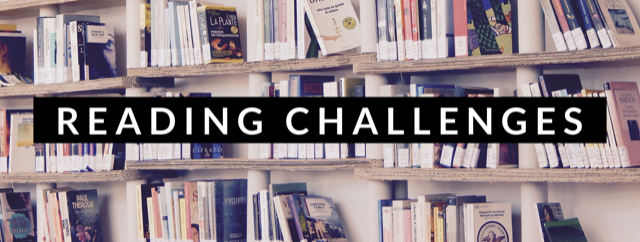 Here are our picks, in no particular order (except No. 1!):
Here are our picks, in no particular order (except No. 1!):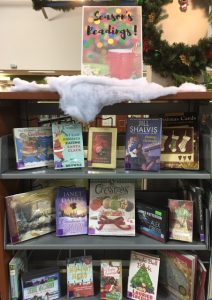
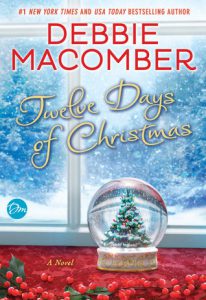
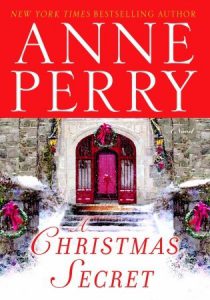



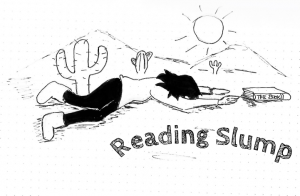

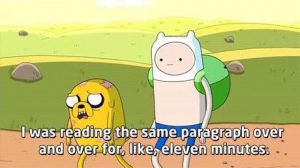

 We all know him, that 16th century bard with the weird hair and a penchant for killing off everybody in his plays. You’ve probably had to endure the musings of that Prince of Denmark or the fawning of the young lovers in a high school English class and perhaps you’ve even been dragged to a bloody production a time or two. You might have even encountered one of the countless adaptations while searching for something to watch on Netflix or seen one of his quotes on a museum wall, but for most of us, Shakespeare is fairly unreachable. As Mare Winningham, a well-known actress and decorated Shakespearean performer, once said:
We all know him, that 16th century bard with the weird hair and a penchant for killing off everybody in his plays. You’ve probably had to endure the musings of that Prince of Denmark or the fawning of the young lovers in a high school English class and perhaps you’ve even been dragged to a bloody production a time or two. You might have even encountered one of the countless adaptations while searching for something to watch on Netflix or seen one of his quotes on a museum wall, but for most of us, Shakespeare is fairly unreachable. As Mare Winningham, a well-known actress and decorated Shakespearean performer, once said: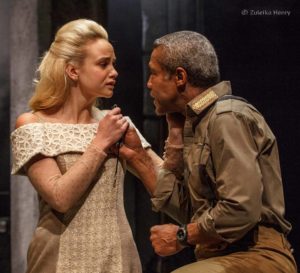 It all started with a discovery on YouTube. One of my favorite actresses is Joanna Vanderham. I loved her performance in BBC’s The Paradise, and in a passing video search of her other works, I found
It all started with a discovery on YouTube. One of my favorite actresses is Joanna Vanderham. I loved her performance in BBC’s The Paradise, and in a passing video search of her other works, I found 
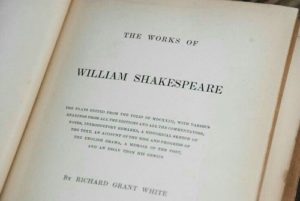 SparkNotes has this website called
SparkNotes has this website called 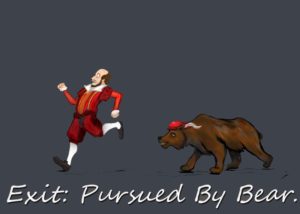 Pick a play that you’re generally interested in. It could be something as popular as Romeo and Juliet or more lighthearted like Much Ado About Nothing or The Taming of the Shrew. Then I’d recommend reading a summary of the entire story. Shakespeare isn’t about spoilers and surprises. It’s about feeling for the motivations of these characters and finding lines that are treasured gems so get a grasp of the basic plot first (and for some plays, that’s a feat in itself). Then if you can, I’d recommend renting a performance of it on Digital Theater (the prices are shown in pounds, but when you rent a show, it converts the price to dollars automatically). Watch it, have the No Fear Shakespeare tab open, and just revel in the performance, art direction, and style. After you’ve seen the play, I would then actually give reading the play on No Fear Shakespeare a chance. Read the original lines and use the translation for guidance. With the story having sunk into your soul a bit, you’ll find that lines jump out at you with so much more meaning.
Pick a play that you’re generally interested in. It could be something as popular as Romeo and Juliet or more lighthearted like Much Ado About Nothing or The Taming of the Shrew. Then I’d recommend reading a summary of the entire story. Shakespeare isn’t about spoilers and surprises. It’s about feeling for the motivations of these characters and finding lines that are treasured gems so get a grasp of the basic plot first (and for some plays, that’s a feat in itself). Then if you can, I’d recommend renting a performance of it on Digital Theater (the prices are shown in pounds, but when you rent a show, it converts the price to dollars automatically). Watch it, have the No Fear Shakespeare tab open, and just revel in the performance, art direction, and style. After you’ve seen the play, I would then actually give reading the play on No Fear Shakespeare a chance. Read the original lines and use the translation for guidance. With the story having sunk into your soul a bit, you’ll find that lines jump out at you with so much more meaning.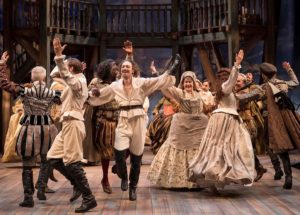
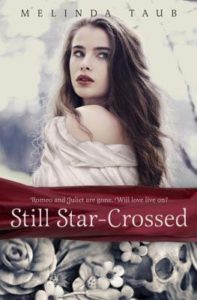
 Highlights: This book is a must for any Shakespeare lover. Taub’s writing mirrors all the good points of Shakespearean language while still making it feel accessible. Our main characters, Rosaline and Benvolio, are exquisite. Rift with prejudice, flaws, and despairing grief, they feel so human and relatable while still capturing the reader’s attention with their gentleness. The betrayals in this story are also incredibly tantalizing as are the villains. Melinda Taub makes Shakespeare’s city of Verona feel so real. She includes little details (some of them references to other plays), and it’s fun to see Romeo and Juliet come to life in a new way.
Highlights: This book is a must for any Shakespeare lover. Taub’s writing mirrors all the good points of Shakespearean language while still making it feel accessible. Our main characters, Rosaline and Benvolio, are exquisite. Rift with prejudice, flaws, and despairing grief, they feel so human and relatable while still capturing the reader’s attention with their gentleness. The betrayals in this story are also incredibly tantalizing as are the villains. Melinda Taub makes Shakespeare’s city of Verona feel so real. She includes little details (some of them references to other plays), and it’s fun to see Romeo and Juliet come to life in a new way.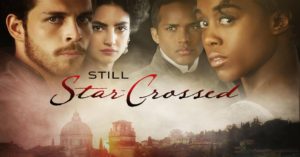
 Most muggle students are in the thick of their first month of school, but I have recently been facing an academic feat of my own; taking my O.W.L.s. That’s right! I have been taking my Ordinary Wizarding Levels at Hogwarts School of Witchcraft and Wizardry. Well, maybe not actually taking them, but I’ve been participating in the Magical Read-a-thon created by Book Roast on YouTube, and it’s been both an exciting and challenging experience!
Most muggle students are in the thick of their first month of school, but I have recently been facing an academic feat of my own; taking my O.W.L.s. That’s right! I have been taking my Ordinary Wizarding Levels at Hogwarts School of Witchcraft and Wizardry. Well, maybe not actually taking them, but I’ve been participating in the Magical Read-a-thon created by Book Roast on YouTube, and it’s been both an exciting and challenging experience!

